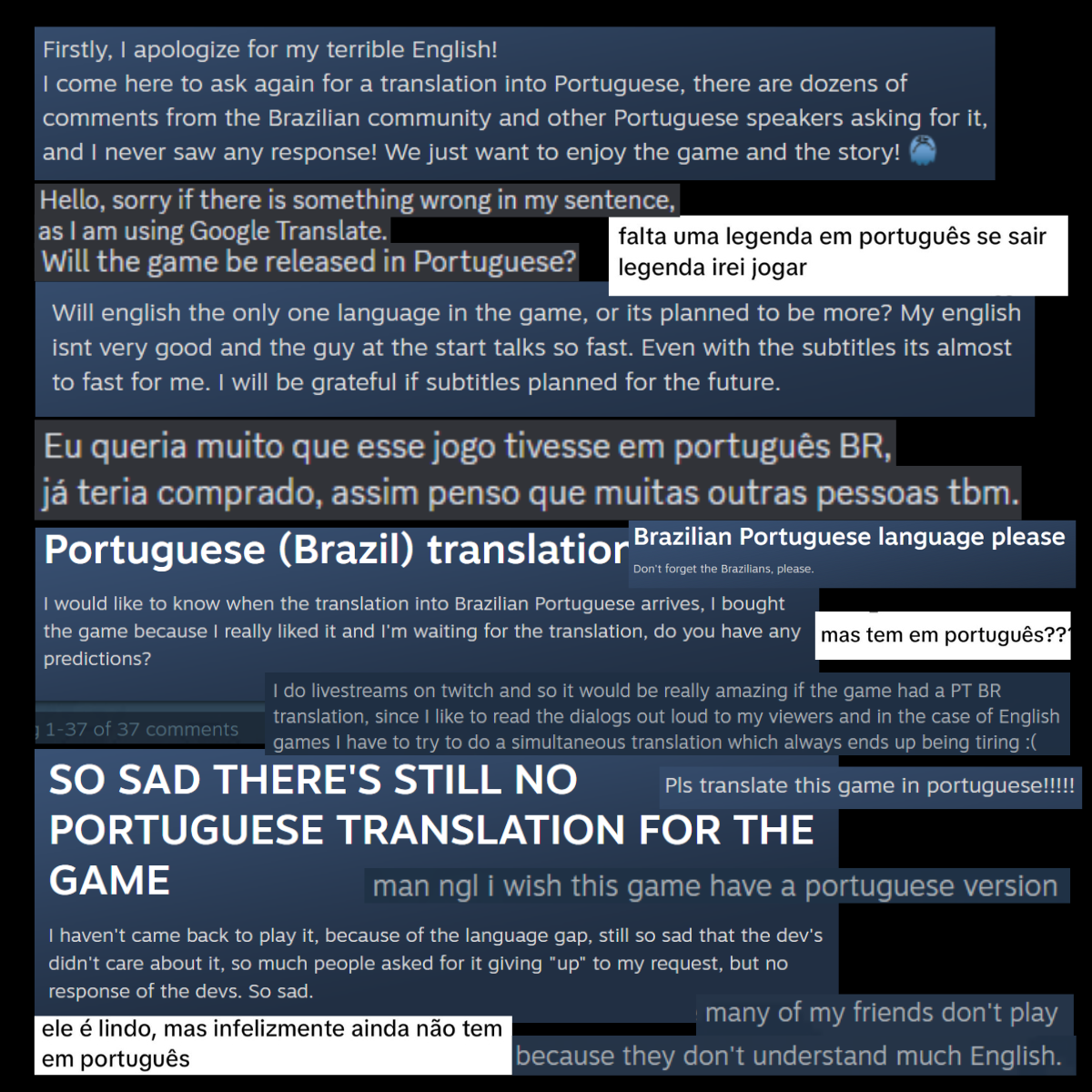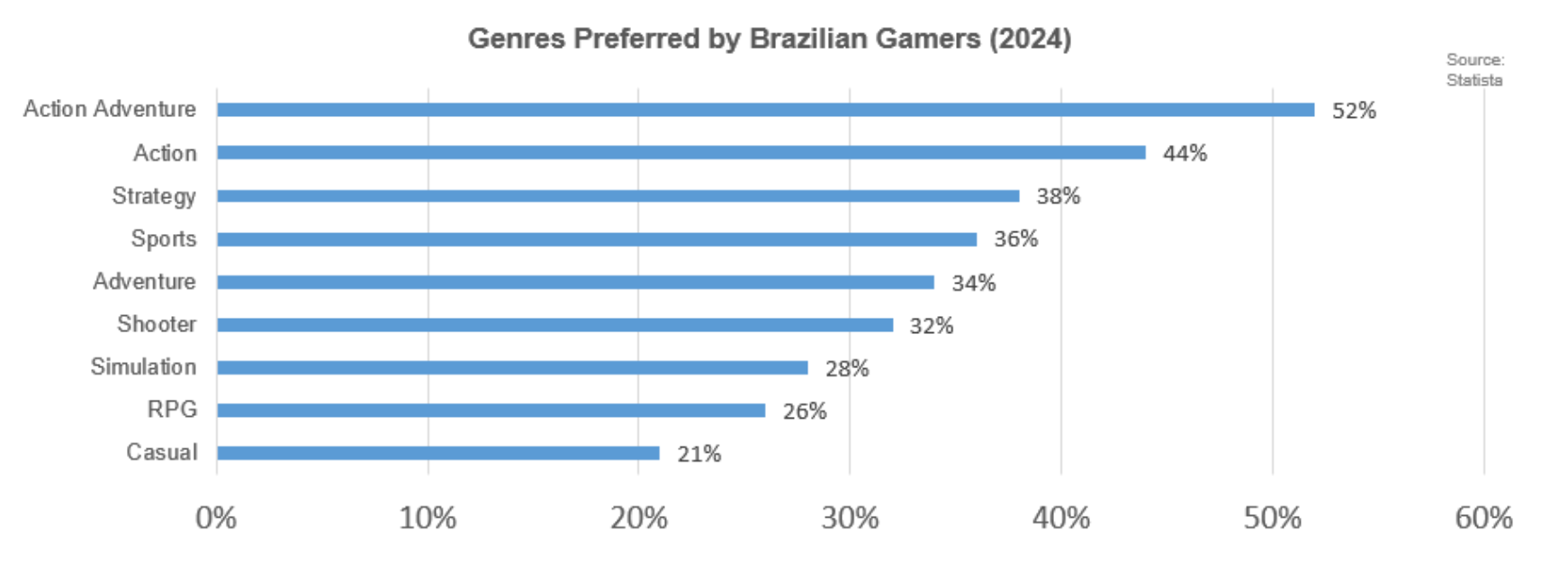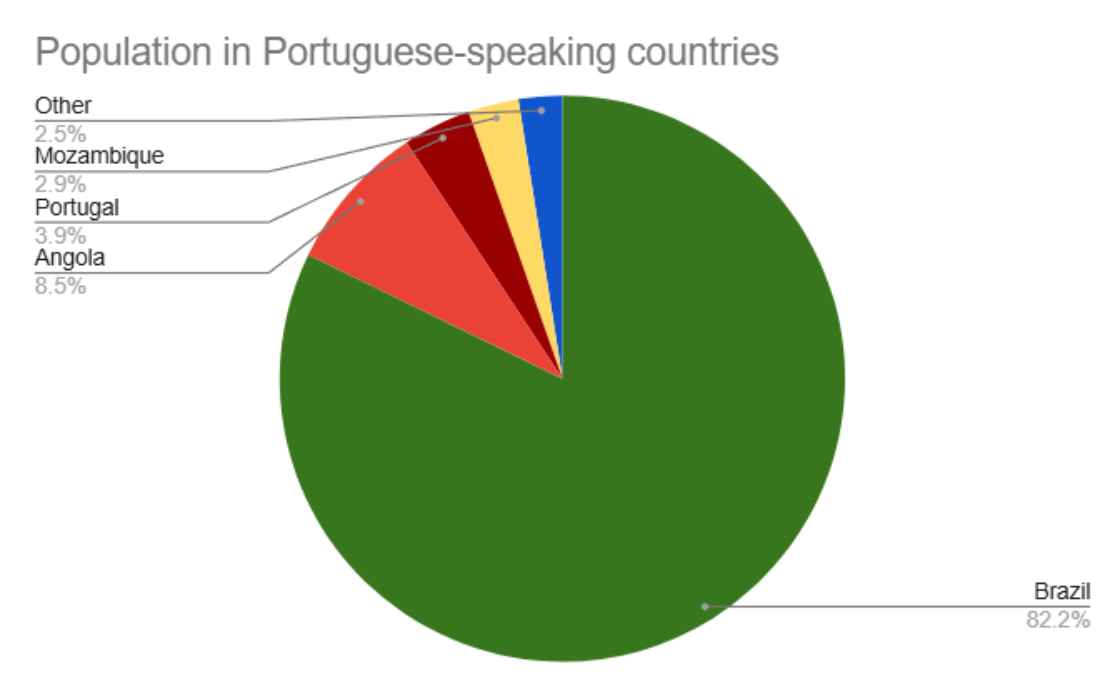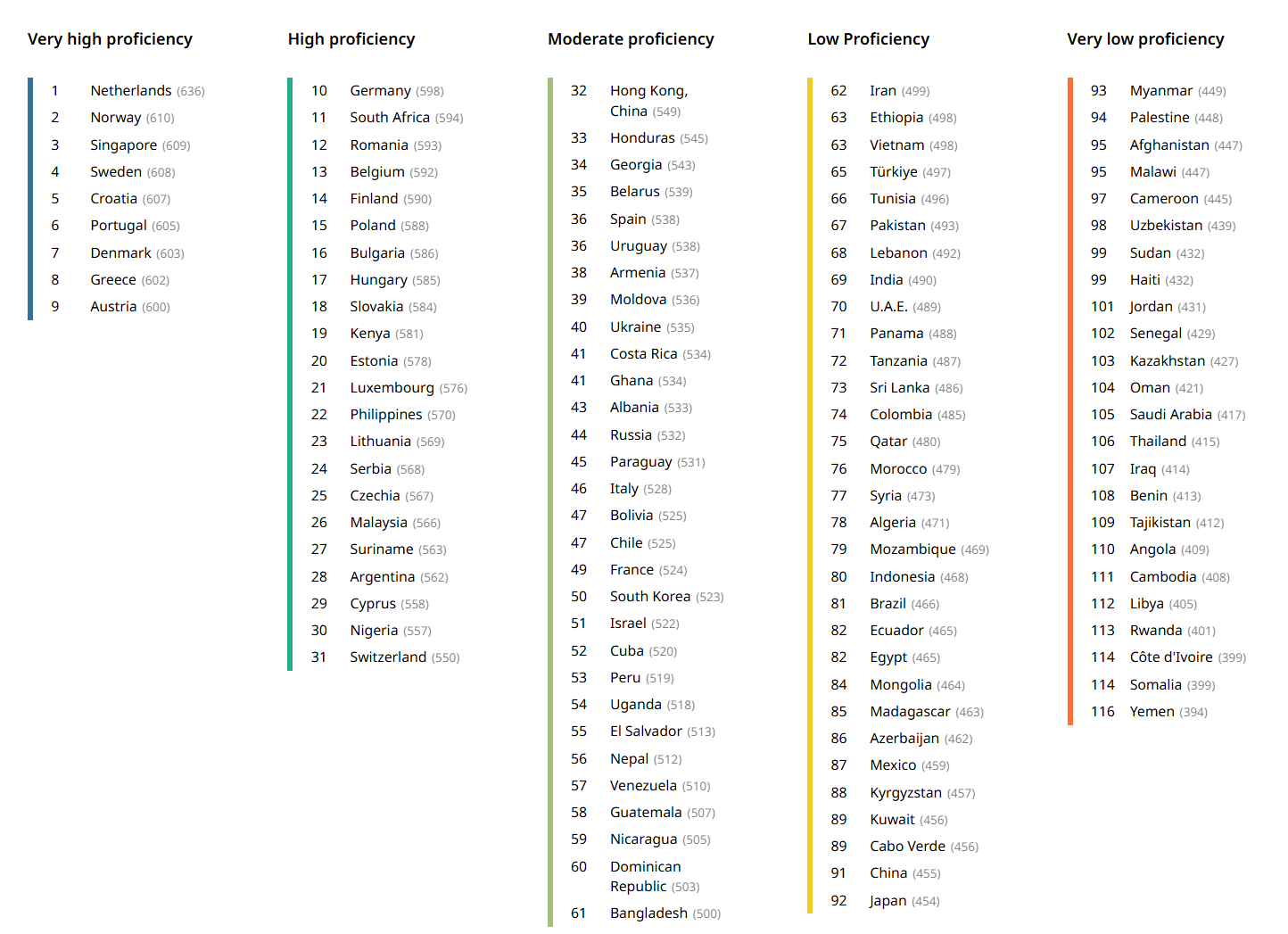So you’re a game dev or publisher, and you’re thinking about localizing your game? That’s awesome! Localization is a key marketing strategy to help increase your reach and captivate players from all over the world. Getting this far is already a feat worth celebrating, but it also means that you have a whole new set of choices to make, the main one being: what languages should I localize into?
Typically, games are first translated into the EFIGS languages: English, French, Italian, German and Spanish. Nowadays, Chinese has also established itself as a top priority. But, if you stick around, I’ll tell you why Brazilian Portuguese is just as important as these languages; and as much as I may be biased, there are data to prove it.

The Brazilian gaming market
Brazil’s gaming market is booming. It is the largest and fastest-growing market in Latin America, ranking 10th in worldwide gaming revenue and having generated over 5.78 billion USD of revenue in 2023. Brazilian Portuguese is the 5th most used language on Steam, surpassing even Japanese.
It is estimated that there are around 103 million players in Brazil and this number is forecast to keep increasing. According to a survey by Game Brasil (2025), 82.8% of responding Brazilian internet users claimed to play digital games, 80.1% mentioning gaming as their main source of entertainment. Widespread smartphone use is making it more accessible for people of lower socio-economic backgrounds to engage in mobile gaming.
These data are useful in a broader sense, but you should also take into account factors that are specific to your game. Below is a graph of the most popular game genres in Brazil as of 2025. If you are interested in finding out more about demographics such as gender, age and preferred platform, I would recommend you to check out this report.

Brazilians are also famously vocal in online spaces, with passionate fan communities that, from my personal experience, are among the first to request localization from game devs. That can be attributed, among other factors, to its huge population and the desire to feel included after a long history of being overlooked by countries in the Global North. As a result, some may find Brazilians a relatively easy audience to engage if you give them the recognition they deserve.
Why pick the Brazilian variant?
The Portuguese language has approximately 300 million total speakers. Of those, approximately 260 million are native speakers, and 35 million speak it as a second language. It is usually listed as the fifth most spoken native language worldwide. Although it originated in Portugal, nowadays the Brazilian population (approx. 220 million) far surpasses the number of European Portuguese speakers (approx. 10.41 million), as well as the other Portuguese-speaking countries (such as Mozambique, Angola, Cape Verde, São Tomé and Príncipe and Guinea-Bissau).

While speakers of different variants can often understand each other quite well, our cultural and linguistic differences are big enough to require separate localizations. Brazilian Portuguese is a result of its history, weaving aspects from local indigenous and African languages into the structure inherited from European Portuguese, and with each region having developed their own unique accents, expressions and slang.
In addition, only 1% of Brazilians are actually fluent in English, so, especially if you have a narrative-heavy game, you can’t expect Brazilians to buy it without a proper localization. Portugal and the FIGS countries, however, all rank higher on the English proficiency index (except for a few Spanish-speaking countries in Latin America), so, logically, a good part of their people can still experience your game in English.

In an ideal world, all variants of all languages would get their own localized version, but we know this is not how it works. Whenever money is limited, we have to prioritize using objective criteria.
Now that you know why PT-BR localization is important, the next step is deciding who will localize your game. If you want to know more about quality localization made by human hands, just reach out to me at [email protected] and I will be happy to answer any questions you may have, give you a free quote, or even recommend some of my talented colleagues if you end up deciding on other languages.

